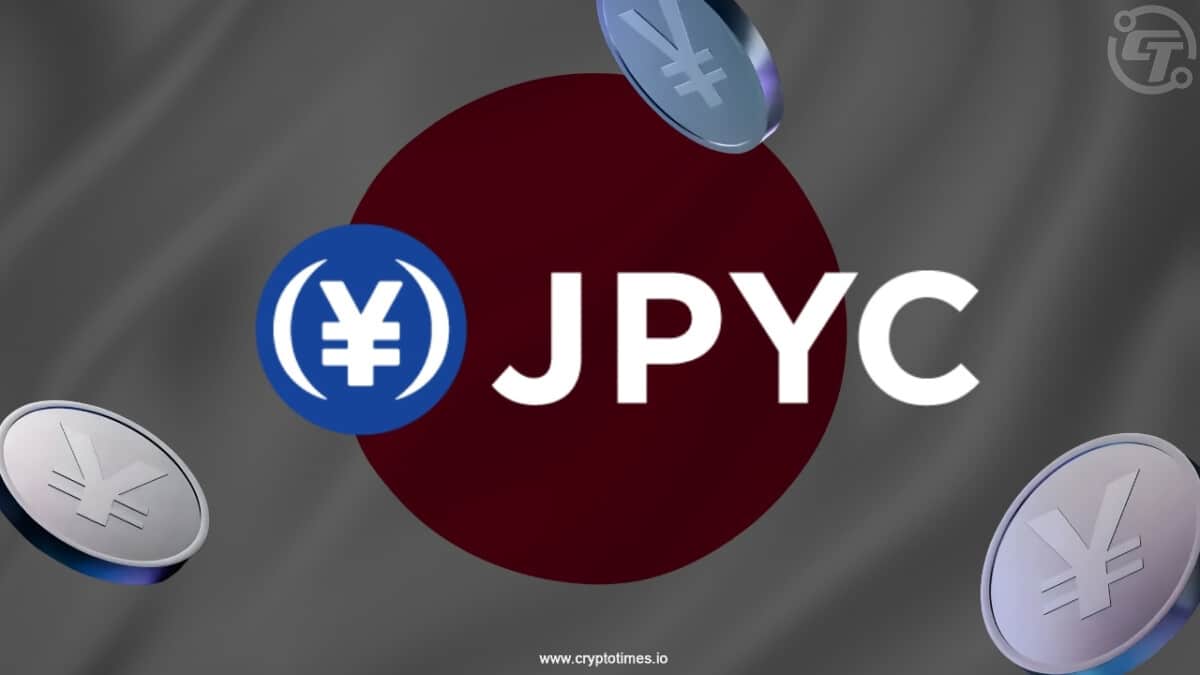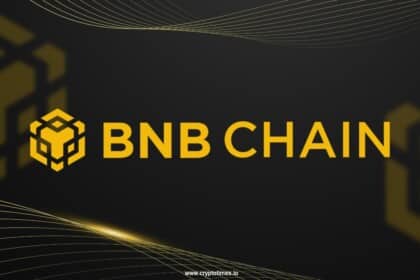JPC Inc., a Tokyo-based fintech company, has officially launched Japan’s first yen-denominated stablecoin, JPYC today, after registering as a Fund Transfer Service Provider with Japan’s Financial Services Agency in August.
The company said in a press release that stablecoin maintains a 1:1 exchange rate with the Japanese yen, allowing users to issue, redeem, and transfer funds instantly through blockchain networks such as Avalanche, Ethereum, and Polygon.
The assets backing JPYC, including yen deposits and government bonds, will exceed 100% of the outstanding balance to ensure stability.
JPC will also roll out JPYC EX, a dedicated platform where users can issue or redeem the stablecoin by linking their wallets and completing identity verification through Japan’s My Number card system.
The company said the move aims to support Japan’s growing shift toward digital payments. According to government data, cashless payments rose to 42.8% in 2024, up from 13.2% in 2010, reflecting a rapid move away from cash in a country once known for its preference for physical currency.
The open design of JPC will enable the developers to incorporate JPYC into their own systems by a free software development kit (SDK) on GitHub. Businesses such as Densan System, ASTERIA Corporation, HashPort, and double jump.tokyo have already announced plans to integrate the stablecoin for payments, fund transfers, and accounting tools.
The company expects the stablecoin to be used in a wide range of sectors, including retail, e-commerce, SaaS, and creator payments, through platforms like Nudge Card and comilio.
JPC said it aims to reach an issuance balance of 10 trillion yen within three years as part of its effort to build a new digital financial infrastructure in Japan.
Why it matters
The launch of JPYC marks a major milestone in Japan’s financial innovation. It positions Japan as a serious contender in Asia’s digital currency race, joining China and South Korea, which are also exploring or allowing fiat-backed stablecoins.
Currently, U.S. dollar-backed tokens account for more than 99% of the global stablecoin market, according to the Bank for International Settlements.
The Bank of Japan recently noted that stablecoins “could partially replace bank deposits,” signaling growing regulatory focus on their role in the future of digital finance.
Also Read: Japan Plans to Allow Banks to Trade Bitcoin and Other Crypto











